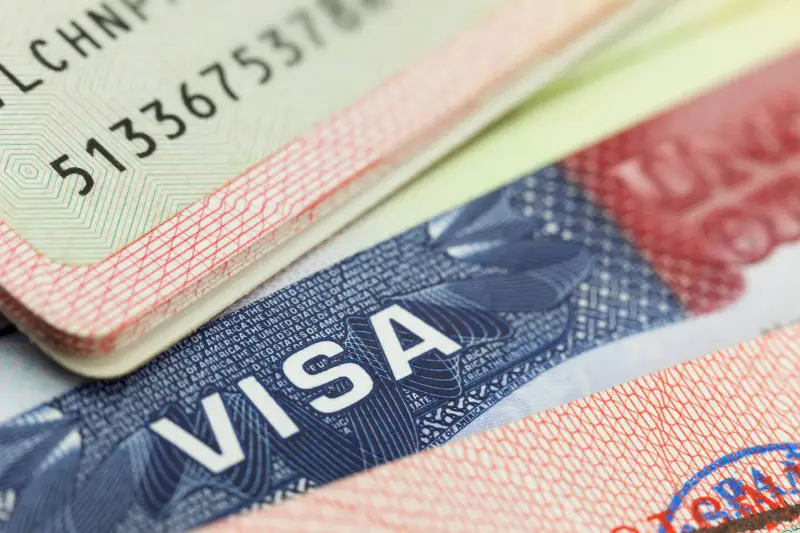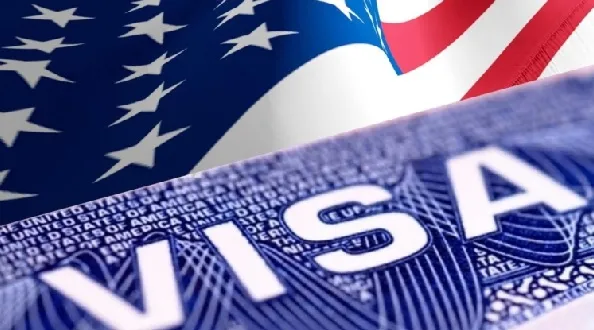In a move likely to stir diplomatic and immigration policy debates, the U.S. government under President Donald Trump will now require citizens of Zambia and Malawi to post visa bonds of up to $15,000 before being granted B1/B2 tourist or business visas.
The pilot program, set to begin August 20, 2025, is aimed at curbing high visa overstay rates, according to a statement from the U.S. State Department.

The directive, officially published on the Federal Register, applies to otherwise eligible travelers who are applying for short-term visitor visas and is part of a broader immigration enforcement initiative spearheaded by the Trump administration.
Under the new rules, travelers from Zambia and Malawi will be required to pay a bond of either $5,000, $10,000, or $15,000, as determined by the U.S. consular officer at the time of their visa interview.
The bond will serve as a financial guarantee that the traveler will leave the U.S. before their visa expires and comply with all visa conditions. If the visitor adheres to the visa terms, the bond will be refunded upon timely departure from the United States.
A State Department spokesperson explained that countries were selected based on a combination of factors, including:
- High visa overstay rates
- Screening and vetting deficiencies
- Concerns about citizenship by investment programs
- Foreign policy considerations
Although the initial announcement did not include specific countries, Zambia and Malawi were later named. The list may change as the program is reviewed over time.
The visa bond program imposes strict travel routing rules on those affected. Travelers subject to the bond requirement must arrive and depart through one of only three U.S. airports:
- Boston Logan International Airport
- John F. Kennedy International Airport (New York)
- Washington Dulles International Airport
Failure to comply with this port requirement could result in denial of entry or improper exit registration, which may impact the bond refund or future visa eligibility.
This pilot program is part of President Trump’s broader push to tighten U.S. immigration policies, including increasing resources at the southern border, expanding detention and deportation efforts, and limiting travel from countries deemed high-risk for security or overstay concerns.
In June, Trump issued a travel ban that partially or fully restricts citizens from 19 countries, several of which are African nations. These moves have drawn both praise from immigration hardliners and criticism from human rights and civil liberty organizations.

U.S. Customs and Border Protection (CBP) data from fiscal year 2023 indicated that, in addition to Zambia and Malawi, several African countries — including Burundi, Djibouti, and Togo — had notable visa overstay rates, making them potential targets for future expansions of the visa bond program.
As the media landscape evolves and global mobility rebounds post-COVID, this visa bond pilot may shape the future of how the U.S. handles visa compliance. Observers expect legal challenges and diplomatic responses, particularly from African governments affected by what may be seen as financially discriminatory practices.
In the meantime, eligible travelers from Zambia and Malawi must be prepared to budget for these bond payments or risk missing out on business and tourism opportunities in the United States.



